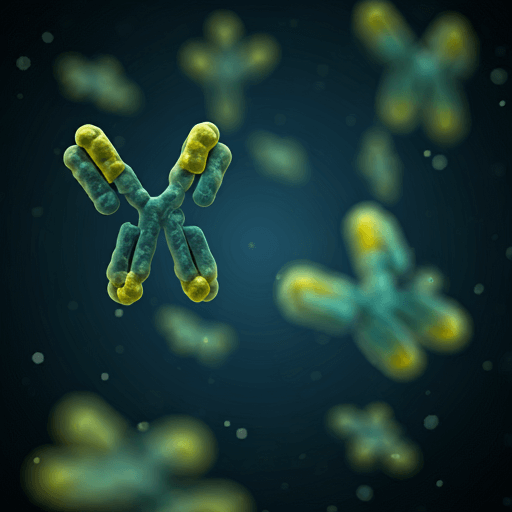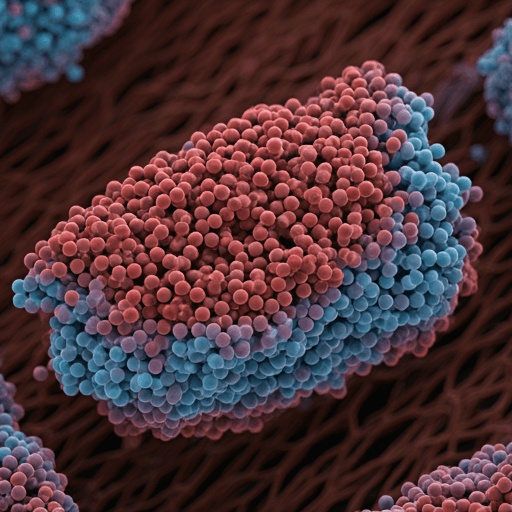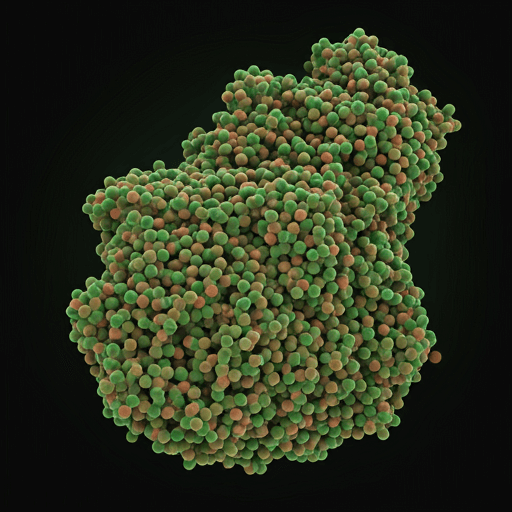Types of Proteins
Types of proteins include antibodies proteins, contractile proteins, enzymes, and hormonal proteins. They each play important roles in various biological processes. Antibodies proteins are involved in the immune response, contractile proteins are responsible for muscle contractions, enzymes facilitate chemical reactions, and hormonal proteins regulate bodily functions.
This article contains
Antibodies proteins
Antibodies are specialized proteins produced by the immune system to defend against foreign invaders like bacteria and viruses. They act like molecular soldiers, recognizing and binding to specific targets called antigens. This binding process neutralizes the threat, marking it for destruction by other immune cells. Antibodies are essential for our immune response and play a crucial role in protecting our health.

Plant-based protein
Contractile Proteins
Contractile proteins are the powerhouses behind muscle movement. They are specialized proteins that allow muscle fibers to contract and relax, enabling us to perform a wide range of activities from walking and lifting to intricate movements like playing an instrument or typing. The two primary contractile proteins are actin and myosin, which work together in a coordinated dance to generate force and shorten muscle fibers.

Enzymes
Enzymes are remarkable protein catalysts that accelerate chemical reactions within our bodies. They act like tiny molecular machines, binding to specific molecules called substrates and lowering the energy barrier required for a reaction to occur. This allows essential biochemical processes like digestion, energy production, and cell growth to happen efficiently. Without enzymes, life as we know it would not be possible.

Diet
Protein is a vital part of the human diet and is present in various foods eg eggs, meats, dairy, seafood legumes, nuts, and seeds. Irrespective of the source of the protein consumed, it gets broken down in reformed into new proteins in our bodies.
Most animal proteins are referred to as complete proteins as they contain all nine essential amino acids whereas most plant proteins are considered to be incomplete as they are missing at least one of the essential amino acids[6]. Soy products, quinoa and the seed of a leafy green called amaranth are a few of the plant-based proteins that contain all nine essential amino acids.


